Don't wanna be here? Send us removal request.
Photo


chart of architects and movements (From Architecture 2000) . 1973 and its revision in 2000 - Charles Jencks
365 notes
·
View notes
Photo

From the programmes of “Comoedia”(famous periodical devoted to Ballets russes), paris, 1922
artist: Leonid Bakst
242 notes
·
View notes
Text

The Bewitched Man (also known as The Devil's Lamp), c. 1798 by Francisco José de Goya
105 notes
·
View notes
Text

A Funeral, c. mid-1870s-early 1880s
by Jean-Paul Laurens
Charcoal and brush and black and brown ink
82 notes
·
View notes
Text

They light candles for the dead, 1878 by Félix Hilaire Buhot
78 notes
·
View notes
Photo

La Mort Saint-Innocent, 1520s. Louvre Museum, France [2004 × 3126]
1K notes
·
View notes
Photo

Figure of death with a bow, Germany 1520[1200x1800]
845 notes
·
View notes
Photo

Remains of an Atlantikwall bunker, Normandy
519 notes
·
View notes
Photo

A winged person who has written “to be or not to be” on a stone sits with his foot on a skeleton. Uranie. 1889.
Gallica
2K notes
·
View notes
Photo
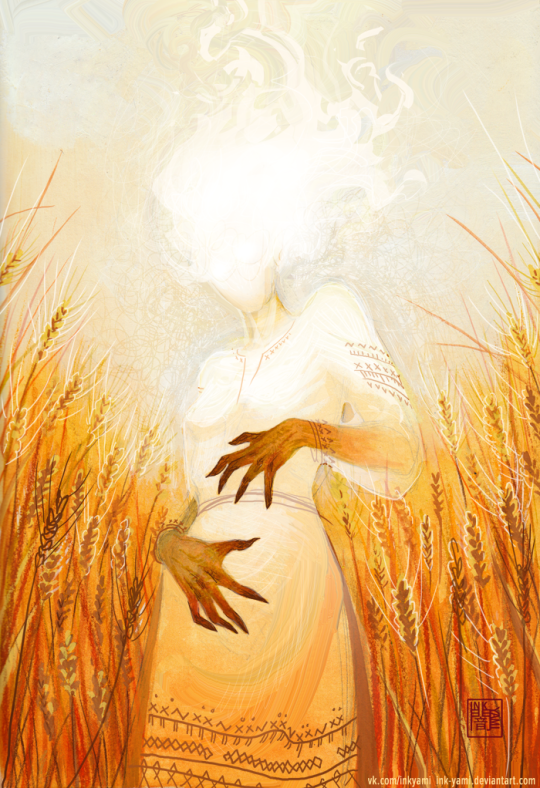
The ray of blazing, scorching, devouring sunshine.
50K notes
·
View notes
Photo

Jean-Louis Chorel (1875-1946), ‘Spring-Song’, “Salon of 1908” Source
1K notes
·
View notes
Photo

Motherland Calls, (1970), near Mamayev Kurgan, Volgograd, by Yevgeny Vuchetich, Nikolai Nikitin.
2K notes
·
View notes
Text
It’s been a while since we checked in on how the Renaissance is doing with its ocean mysteries, so here is a marine biology update circa 1550.
Seals come in two forms:
Buff
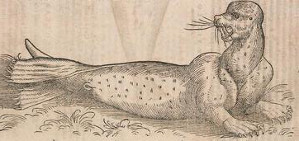
& Triangular
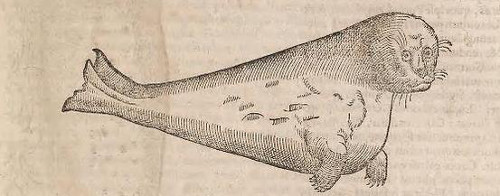
Walruses are horrifying
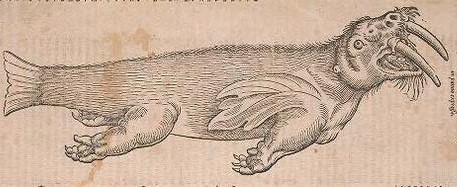
But whales are worse

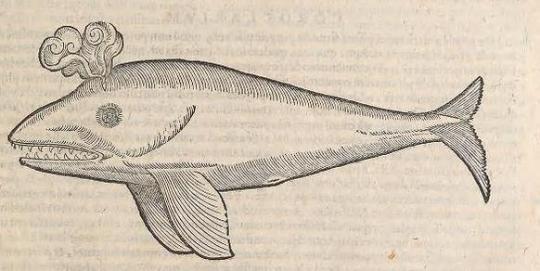
Fish can have human faces
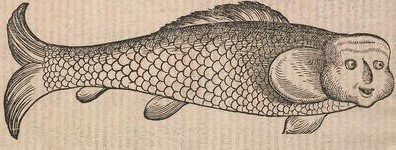
but not always where you’d expect
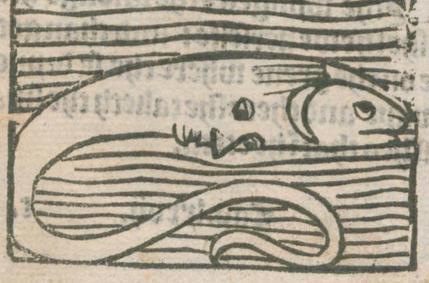
As for the rest
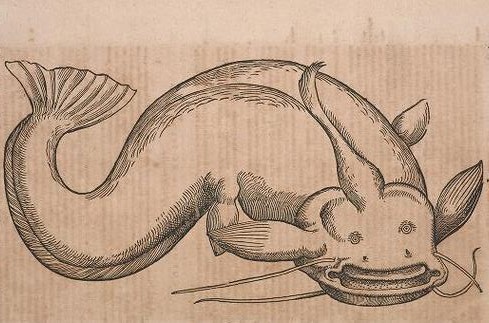

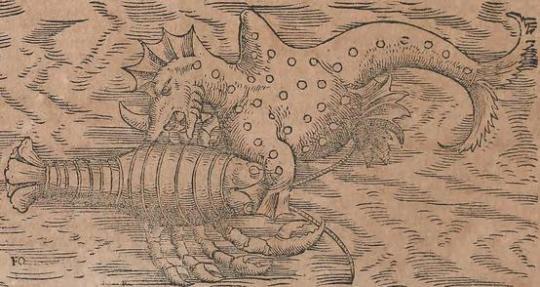
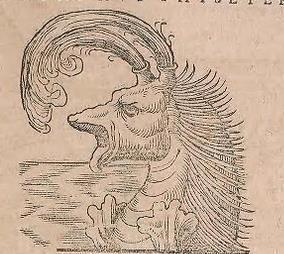


… it’s probably better left alone.
[All images except chest face fish from Historiae animalium liber IV : De piscium & aquatilium animantium natura. Chest face fish from The noble lyfe & natures of man of bestes, serpentys, fowles & fisshes yt be moste knowen]
123K notes
·
View notes
Photo


THE CATSKILLS CRONE
While trekking off the beaten path in New York’s Catskill Mountains, two hikers discovered this strange, hand-carved statue in a small cave. Six rusty nails had been driven into its eyes, and a dirty length of cord was wrapped tightly around its neck. Despite their better judgement, the explorers removed the figure.
Soon, muddy footprints began to manifest in their home, and the pungent scent of stagnant pond water filled the house. On the seventh day, they saw her crouched in the shadows of the living room: The Crone, a horrifying apparition with an emaciated body and eyes that shined in the darkness. The hikers contacted the Newkirks, who placed the artifact safely in the museum collection.
278 notes
·
View notes
Photo







One of my #favourites!
The Triumph of Death is an oil panel painting by Pieter Bruegel the Elder painted c. 1562.Museo del Prado in Madrid
215 notes
·
View notes








